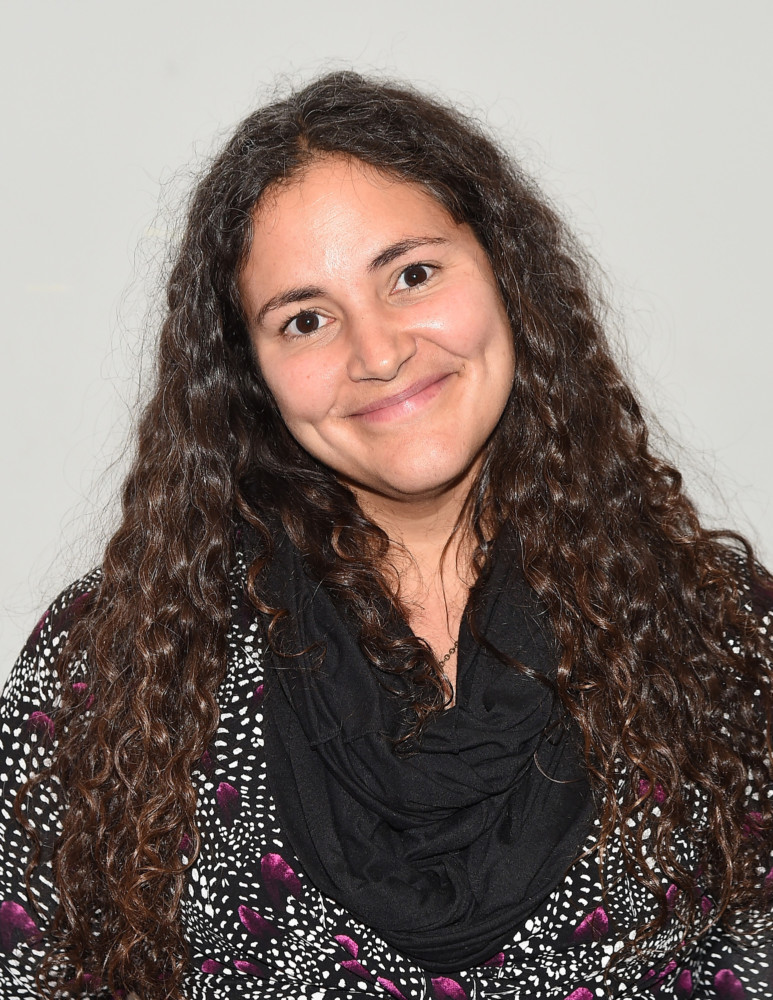By Michael Hamad
The Hartford Courant
WWR Article Summary (tl;dr) Dr. Laurie Santos’ new podcast called the “Happiness Lab” is inspired by a popular course she teaches at Yale.
The Hartford Courant
In 2019, Yale University’s most popular class ever, Psyc 157: Psychology and the Good Life, which drew roughly 1,200 undergraduate students in the spring 2018 term, jumped into the podcast space.
The Happiness Lab with Dr. Laurie Santos is produced by Pushkin Industries, a podcast network co-founded by Malcolm Gladwell and Jacob Weisberg.
The first 10-episode season wrapped in November.
The podcast weaves together stories told by experts and celebrities (Olympic medal-winning ice skater Michelle Kwan, the Talking Heads’ David Byrne, Cleveland Cavaliers owner Dan Gilbert, and others) and generally gets you psyched to improve your daily grind. It’s heavy on both ear candy and scientific research; links to references from each episode appear on the podcast website.
“I think that these stories of well-being can be incredibly powerful, and the podcast as an awesome way to put some narrative to the stuff that I’m teaching,” says Santos, a psychology professor at Yale. “It’s a way for me to explain what you’re supposed to do through these stories of people who are actually doing it.”
Santos’ interest in well-being began when she became the head of Silliman College, a residential college for first-year students, and witnessed the darker side of student life.
“Honestly, I was really worried about the kind of mental health dysfunction I was seeing on campus,” she says.
buy lasix generic lasix without prescription online
That’s not just a Yale thing: according to a November 2019 study in the Journal of Adolescent Health, severe depression and suicidal thinking more than doubled among U.S. college students from 2007 to 2018.
“This is a thing that’s happening nationally, where 40% of college students report being too depressed to function and over 60% report feeling overwhelmingly anxious and lonely,” Santos said. “So, you know, these statistics are really scary.”
The Good Life course started out as an attempt to teach better coping strategies to undergraduates. Its popularity led to a Coursera version of the class; Santos estimates that 450,000 people have enrolled online. She expects to teach the Good Life again on campus in 2021.
A number of people expressed interest in a shorter, more compact way to absorb the material. The podcast, Santos says, offers “a different way to get content across than I normally do in my teaching. And it’s been so fun to meet all these people and hear their stories and hear how they’re putting these practices into effect in their own lives.”
A bonus episode of the Happiness Lab, “A Happier Christmas,” dropped in December, and a short “New Year, New You” mini-season will launch in January, with “strategies you can use to put into effect any goals you have … that just through the act of using them, you kind of get a little happier anyway,” Santos says.
Season Two will come out in April. It’s very 2020: tribalism, politics and climate change _ when we spoke, Santos pointed out that it was the third consecutive hottest-day-ever in Australia _ are all explored.
Still, with all that’s going on right now, how do we get happy?
One strategy Santos pushes in Season Two is empathy. “There’s lots of research showing that feeling connected with other people can be really important for our well-being,” Santos says. “It’s kind of like a muscle that we can build up, and there are very specific techniques we can use to do so, even with folks that we really don’t think we like very much.”
The belief that connections across political divides are possible, Santos says, goes a long way towards reducing tribalism. Some of the podcast’s empathy research comes from Stanford professor Jamil Zaki, a Season Two guest and the author of “The War for Kindness: Building Empathy in a Fractured World.”
“There’s a misconception that everybody is fixed in their ways, that there’s no way it can get better. Actually having some optimism about the fact that those conversations can happen, if you use the right techniques, can be really powerful.”
Another important tool is gratitude, which Santos says builds the resilience needed to solve problems later. “It can allow us to have the kind of hard conversations that we probably need in politics right now,” she says, “and that comes from thinking about what you are grateful for, rather than complaining about the status quo. It’s kind of the opposite of what we expect.”
For politicians, taking time to be grateful in the current political climate, Santos adds, often translates into letting constituents down by not fighting back strongly enough. That’s not the case.
“The research shows that it’s just the opposite: this is when we need gratitude even more,” Santos says. “This is when we need to be focusing on some of the things that really are positive, and that can build up some of the resilience we need to deal with the state that we’re in.”
___
(c)2019 The Hartford Courant (Hartford, Conn.)
Visit The Hartford Courant (Hartford, Conn.) at www.courant.com
Distributed by Tribune Content Agency, LLC.
_____
PHOTO (for help with images, contact 312-222-4194):














































































































































































































































































































































































